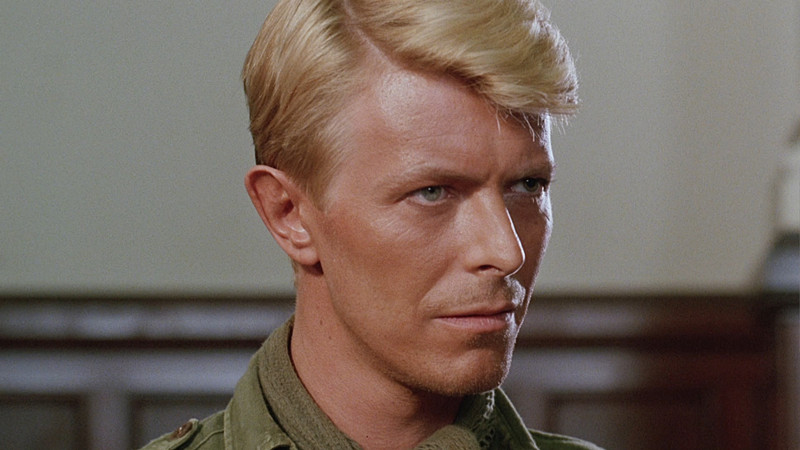
“When people ask me if I went to film school, I tell them no, I went to films”. We have all heard of Quentin Tarantino’s quote ad-infinitum, but it’s a statement that also applies to another of his contemporaries, Christopher Nolan. One thing is for sure, whatever he may lack in formal film education, he more than made up for in a longstanding interest in the history of the medium.
To talk about Nolan is to talk about the closest thing to a superstar there’s left in the business, a rare breed of director whose films are such box office smash hits that he can demand gargantuan budgets to any given studio and get away with it. Nolan seems comfortable operating through that grey line between conventional commerciality and creative freedom that has turned him into a household name overnight.
For such a high-profile director with a huge army of ardent followers, it’s nice to see how down to earth Nolan seems when giving praise to the masters of old that paved the way. From Spielberg to Kubrick, we recently covered ten of his favorite science-fiction movies, so it’s time now to shift our focus to the genre where he first made a name for himself; thrillers.
As loose and undefined as that specific label is, let’s take a look at ten nail-biting movies that had a profound effect on the British director.
1. Heat (1995)
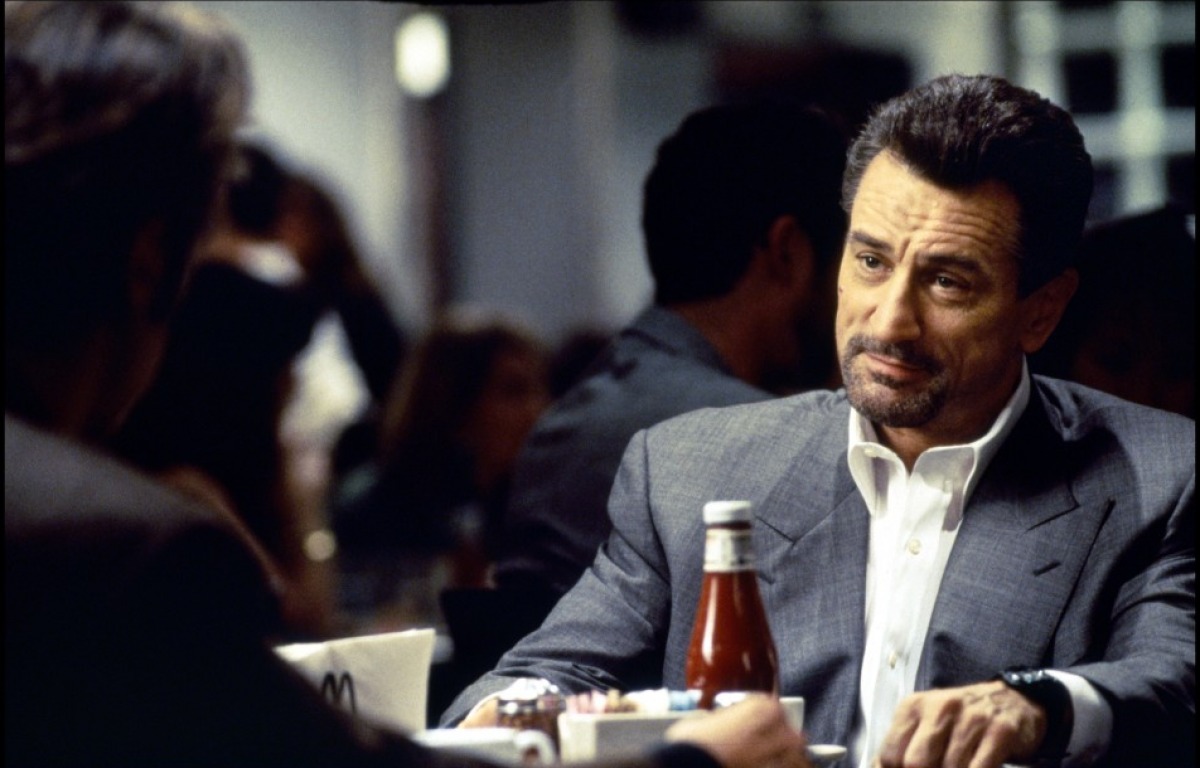
If there’s a movie that Christopher Nolan has repeatedly geeked out over, it’s this gritty heist thriller courtesy of Michael Mann. The Academy hosted a Q&A for the movie celebrating its latest remaster in 2016, and moderating the conversation between Mann, Pacino and De Niro was none other than Nolan. To open the discourse, the director reminisced on the first review of the film he read upon release, lauding it as a “new American masterpiece” much to Nolan’s skepticism, who wondered if there could be more said about a “cops and robbers” story. Needless to say, the movie went on to become one of his favorite films of all time and one that served as a clear blueprint for some of his own, including The Dark Knight.
Speaking to Variety, Nolan referred to Heat as a “remarkable demonstration on how you can create a vast universe within one city and balance a very large number of characters and their emotional journeys in an effective manner”. It’s easy to draw parallels between Mann’s masterpiece and Dark Knight, starting with the oddly similar bank robbery scenes featured in both films. Nolan admitted Heat’s huge influence on his comic book sequel, citing director Michael Mann as a “fanatic for architecture that understands the grandeur of a city and how it can become a kind of epic playground”.
2. 12 Angry Men (1957)
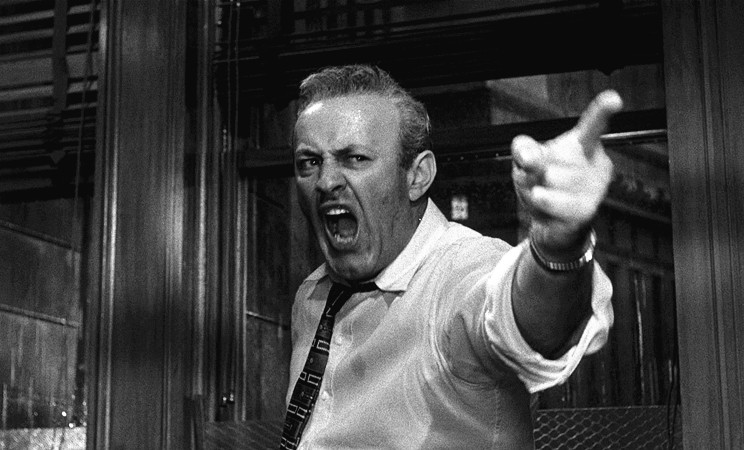
For a director like Nolan that favors intricate set pieces and convoluted concepts over any semblance of characterization or non-expository dialogue, this pick comes quite as a surprise. Not that it’s not a worthy inclusion, after all, 12 Angry Men is to this day rightfully cited as one of the staples of American cinema and one of the most brilliant screenplays to ever put to film. But if you had to come up with a movie that proved to be the antithesis to everything that comes with Christopher Nolan, this would come close to it.
Sidney Lumet’s story exclusively takes place in a jury room, where twelve jurors ponder about the innocence of a young man waiting for the verdict of his trial. What starts as a foregone conclusion slowly reveals the prejudices and biases clouding most of the jurors in a perfect example of how powerful a minimal production can be when a great script, director and cast come under one roof.
Nolan picked Lumet’s ageless drama as his second favorite film in the Criterion Collection, claiming few have been able to capture the conflict between men better.
3. Primer (2004)
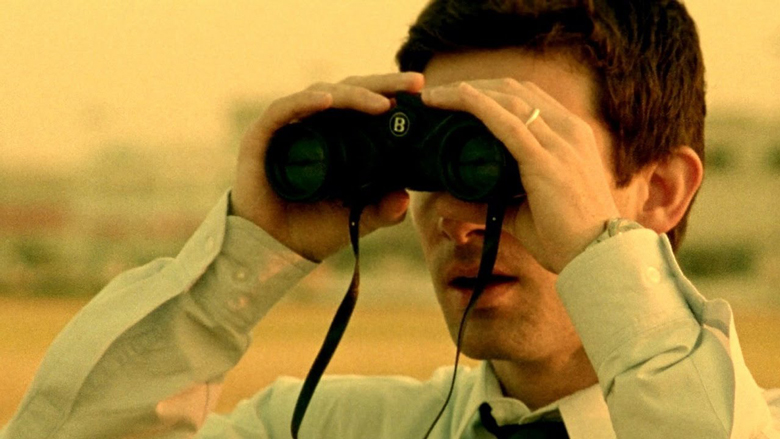
In the Hall of Fame of head-scratching, mind-boggling movies, Christopher Nolan can proudly boast about the fair share of contenders he can personally claim. From the non-linear chronology of Memento, the dizzy timelines of Inception, the physics seen in Interstellar or more recently, whatever Tenet was supposed to be about, part of Nolan’s DNA comes with making deliberately obtuse plots as to reaffirm his own cleverness as a director.
If you’re an enthusiast of constant info dumps and scientific jargon, dialogue as dry as IKEA’s assembly manuals and characters that serve as empty vessels for the sake of the plot; look no further, because we have just the movie for you. In a nutshell, Primer follows two young engineers who unintentionally build a time travel machine in their basement. Far from being the first movie to tackle that concept, what sets it apart is how it brings a methodical consistency to its premise, while also exploring the moral choices and existential implications that come with it.
4. Merry Christmas, Mr. Lawrence (1984)
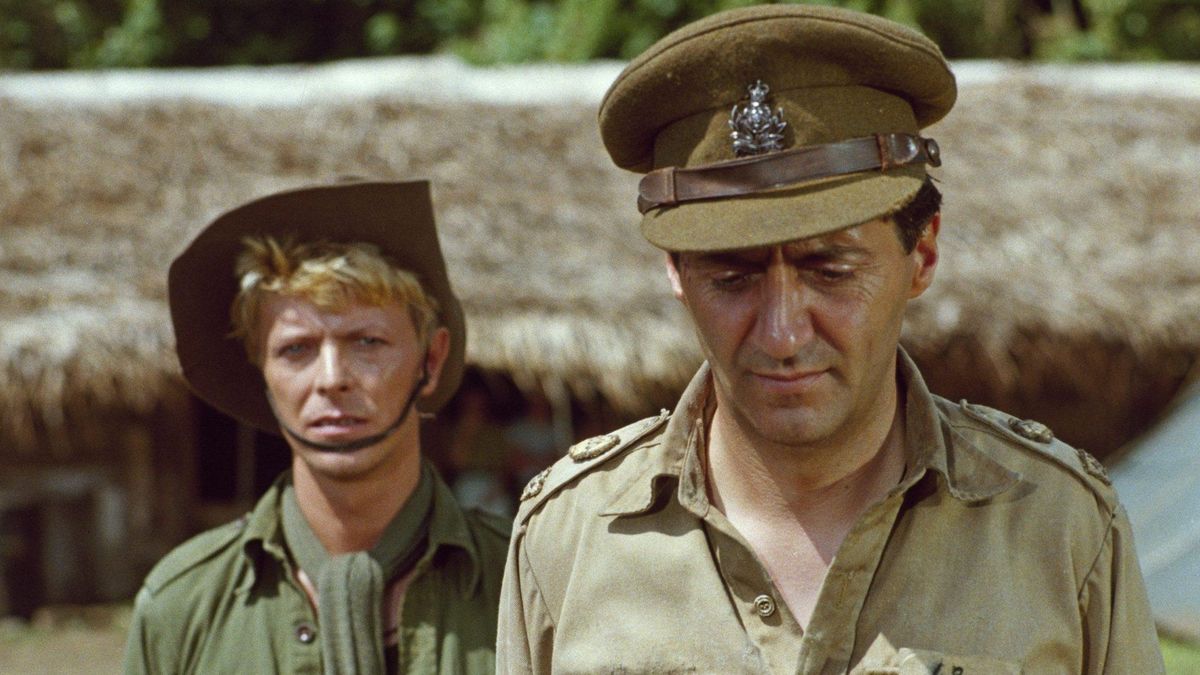
Checking in at number six in Nolan’s personally compiled list of favorite films in the Criterion Collection, we have a powerful historical thriller directed by Nagisa Ōshima, one of the most revered Japanese auteurs. Ōshima became an iconoclastic figure in cinema as one of the leading directors in the Japanese New Wave, a rebellious maverick who made films with the same sense of urgency of a man trying to erase decades-worth of prejudice and blind imperialism in his homeland.
This movie drops us in the exotic island of Java amid World War II, where two different cultures clash between Japanese soldiers and British prisoners. Nolan argues that “few films have been able to capture David Bowie’s charisma, but Ōshima’s wartime drama seems tailor-made for his talents”. Nolan’s statement rings true given how he’d eventually cast Bowie as the eccentric Nikola Tesla in his own thriller, The Prestige.
Cinema fosters empathy, and Merry Christmas, Mr. Lawrence is a perfect example of a movie setting out to do just that, bringing down cultural and ideological barriers in an uplifting reminder of human bonding and a bleak indictment on the morally rotten wars that corrupt men.
5. The Testament of Dr. Mabuse (1933)
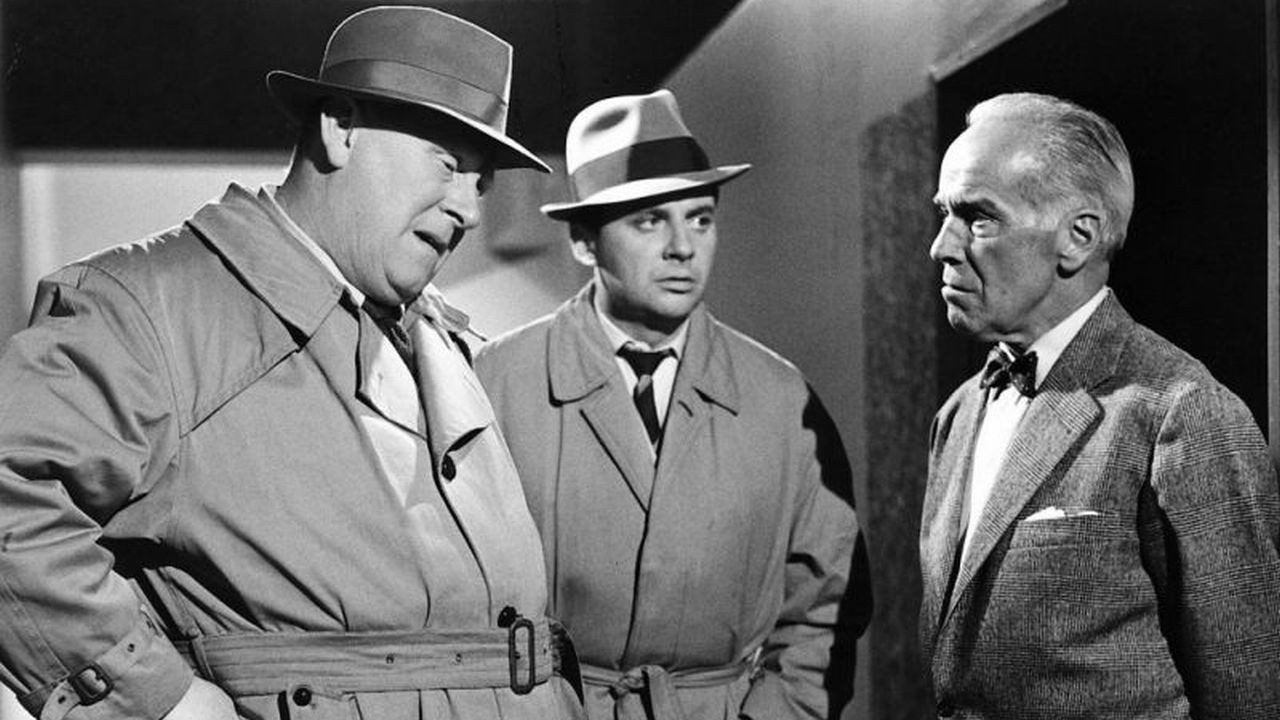
This is not the first time Fritz Lang pops up in one of Christopher Nolan’s shortlist of favorites. You may have noticed the German director previously sneaked its way into Nolan’s preferred set of science-fiction movies, with Metropolis making the cut and being cited as “one of the key touchstones” of the genre along the likes of 2001 and Blade Runner.
This time around we have the second entry in his Dr. Mabuse saga, a set of films following the mischiefs of one of cinema’s greatest villains of all-time; the eponymous Dr. Mabuse. Nolan named the movie as his fourth favorite title in the Criterion Collection, hailing it as “essential research for anyone attempting to write a supervillain” that shows Lang “at his most wicked and entertaining”.
For anyone not acquainted with Mabuse, the most evident spiritual successor to this bug-eyed lunatic would be the Joker seen in Nolan’s Dark Knight. Nolan stated that he made Jonah (his brother and co-writer) watch Lang’s movie prior to writing the Batman’s nemesis, a character that borrows heavily from him. Dr. Mabuse is an equally deranged agent of chaos, a villain who stirs up the whole city of Berlin by committing an array of crimes and instigating a whole more in order to destabilize the current regime in power.